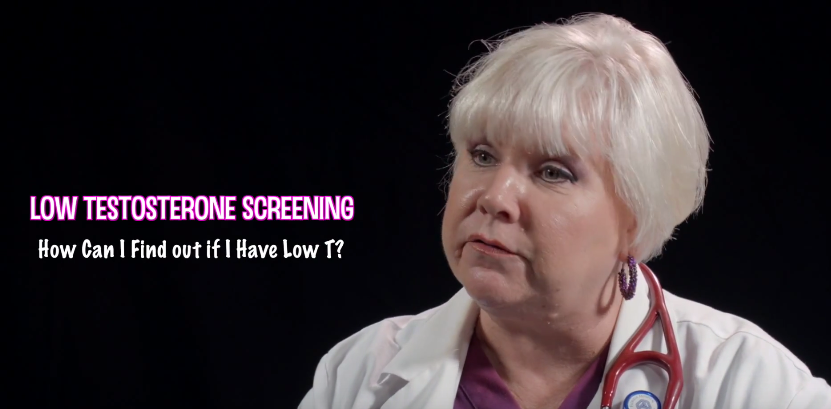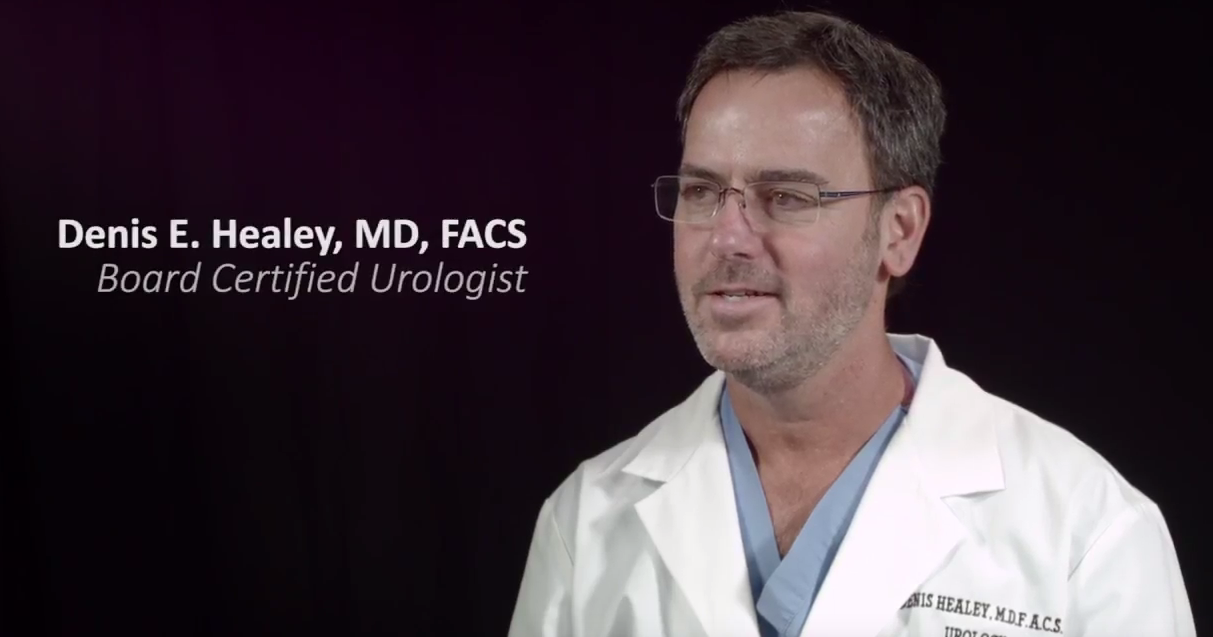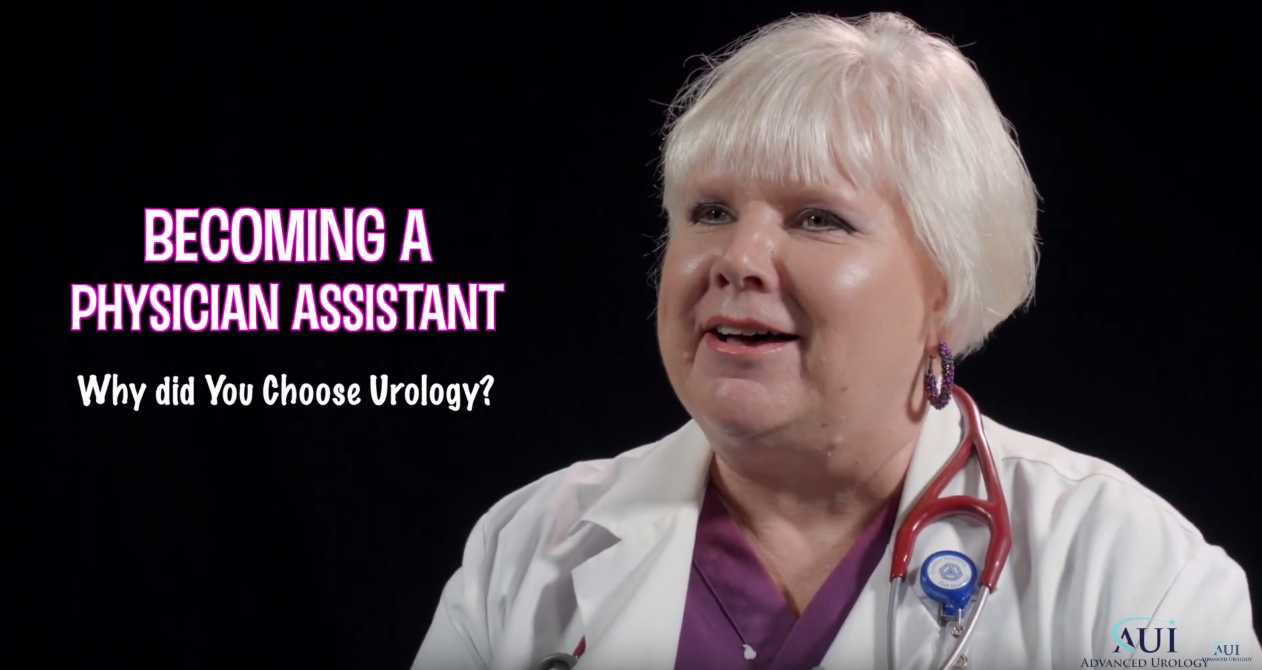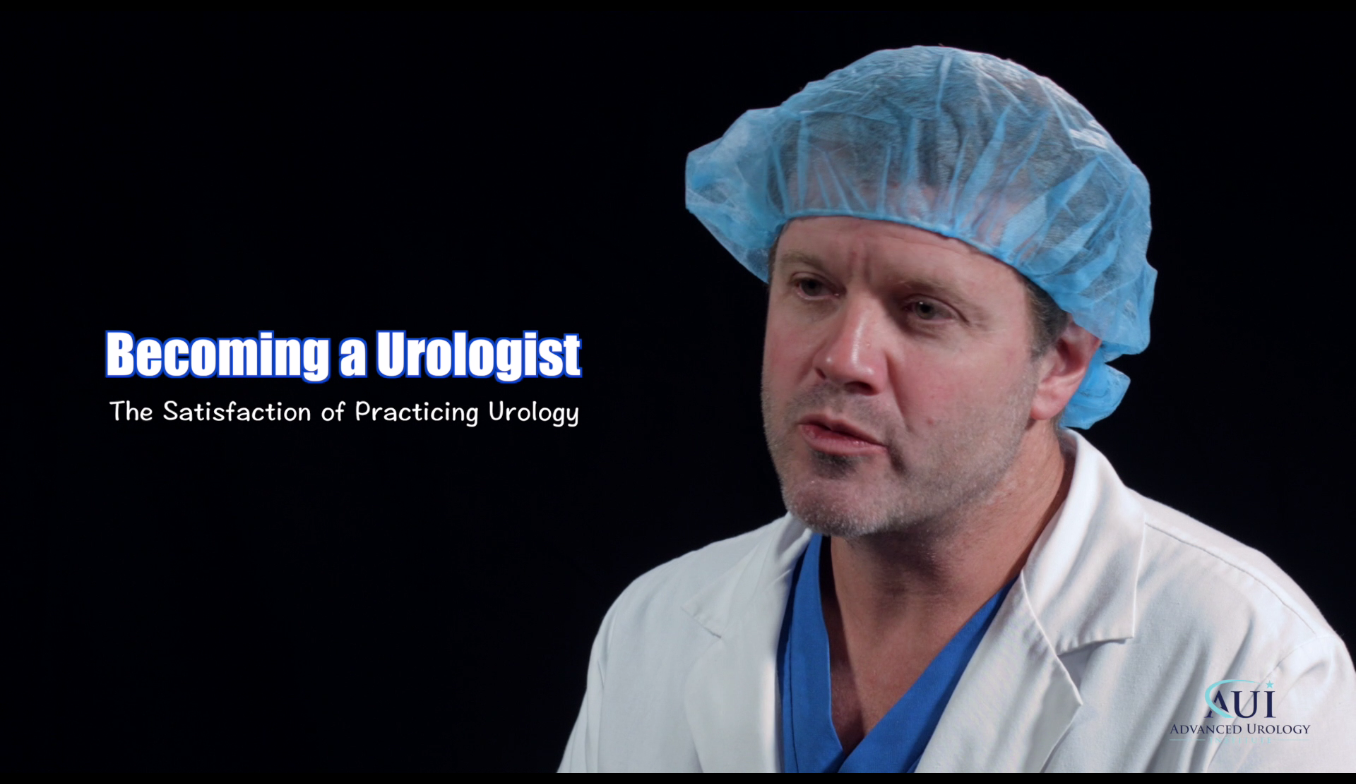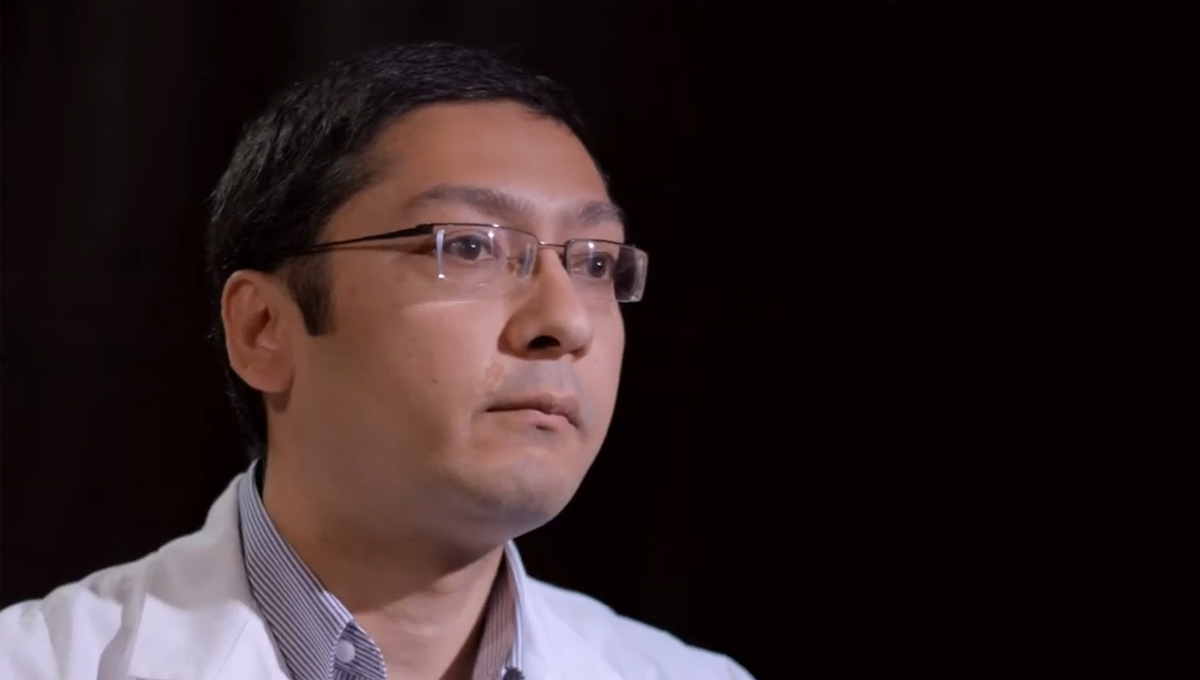The Purpose of PSA Testing
Edward D. King, MD, FACS, a urologist in Oxford, FL, explains that the PSA (prostate-specific antigen) is an enzyme found in the bloodstream. While the PSA itself is harmless, it serves as a marker for prostate cancer. In cancerous cases, more PSA tends to leak into the bloodstream, resulting in higher PSA levels. However, the PSA test is not highly specific, leading to controversy around its use in prostate cancer screening.
The Controversy Surrounding PSA Testing
According to Dr. King, among men with slightly elevated PSAs, the risk of finding cancer is about one in four. Due to this lack of specificity, other tests are often used alongside the PSA test to identify patients with elevated PSAs but no cancer. The U.S. Preventive Services Task Force has recommended against routine prostate cancer screening, which Dr. King believes is a mistake. Prostate cancer is the second leading cause of cancer deaths in the United States, tied with colon cancer, and some groups are at higher risk for developing and dying from prostate cancer.
Individualized Screening for Prostate Cancer
Dr. King emphasizes the importance of individualized screening for prostate cancer. He suggests that men aged 55 to 70, especially those in high-risk groups, should be screened. Men with low PSAs and no family history of prostate cancer may not need screening after the age of 70. Ultimately, the decision to undergo prostate cancer screening should be made between the patient and their physician, taking individual risk factors into account.
Advanced Urology Institute: Your Trusted Source for Prostate Cancer Screening
The Advanced Urology Institute, the largest urology practice in Florida, offers state-of-the-art prostate cancer screening and treatment options. Dr. Edward King and his team of expert urologists are dedicated to providing personalized care to ensure the best possible outcomes for their patients.
TRANSCRIPTION:
My name is Dr. Edward King, I’m a urologist at the Advanced Urology Institute.
The PSA is an enzyme that floats in the bloodstream. The PSA in and of itself doesn’t harm you, it only serves as a marker for prostate cancer.
In cancers, more of the PSA tends to leak into the bloodstream, and so the PSA tends to be higher. But the PSA is not real specific, and that’s the problem.
Among men with slightly elevated PSAs, the risk of finding cancer is about one in four. So we have other tests that we also use along with the PSA to try to weed out patients whose PSAs may be slightly elevated but who don’t have cancer. It is controversial, the U.S. Preventive Services Task Force recommended against routine prostate cancer screening in men.
I think that that was a mistake because prostate cancer is the second leading cause of cancer deaths in this country. It’s tied with colon cancers, and there are some groups that are higher risk for developing prostate cancer and dying from it.
So the screening has to be individualized, so it’s a choice between made with the patient makes with his physician. Typically men who have low PSAs, no family history of prostate cancer, probably don’t need to be screened after the age of 70, but I do think that men between the ages of
55 and 70, especially men in high risk groups, do need to be screened.
REFERENCES:


